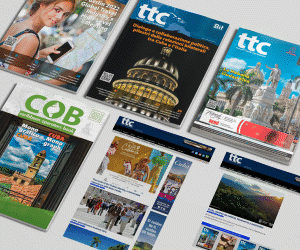The president of the Ibero-American Accessible Tourism Network, Diego Javier González Velasco, spoke with TTC about the development of this modality that seeks to eliminate the obstacles that prevent a person with any type of disability or reduced mobility from traveling in conditions of equality, dignity and security.
In the opinion of the renowned expert, “making tourism accessible and inclusive, that is, that physical or communication barriers do not prevent all of us from traveling on equal terms, including those with some type of disability or reduced mobility, is a pending task for the tourism sector in Latin America and the Caribbean.”
“In the last ten years, progress has been made in raising awareness on the subject, proof of this being that a large part of the tourism ministries of the region are already including tourist accessibility in their strategic plans, but this is difficult to materialize, and the offer is insufficient in view of its significant demand.”
The Ibero-American Accessible Tourism Network (RITURACCES) is working to combine the efforts being made by national networks to achieve truly accessible tourism in those countries.
For this they have the support of the World Tourism Organization (UNWTO), the Ibero-American General Secretariat or the Organization of American States (OAS), as well as ministries of tourism, business associations or of people with disabilities.
Currently, RITURACCES groups together the Accessible Tourism Networks of Costa Rica, Mexico, Ecuador, the Dominican Republic, Colombia, Chile, Brazil, Uruguay, Spain and Cuba, which will unite in the context of the 4th Ibero-American Summit on Accessible Tourism to be held in Havana from December 12 to 15.
Another important event has been the publication of the ISO 21902 standard on Tourism and related services – Accessible tourism for all – Requirements and Recommendations, which “represents a great step in the standardization of criteria at the international level when evaluating tourist accessibility.”
However, much remains to be done. The COVID-19 pandemic brought changes in the way of thinking about tourism. “At these times of reactivation we are participating in a process of reflection on tourism management models in which sustainability, accessibility, innovation and inclusion will be decisive.”
Likewise, for RITURACCES, currently “the great challenge is accessible transportation, especially adapted transportation by road. Great efforts have been made to facilitate accessibility to tourist accommodation, and work is underway to achieve this in natural environments, cultural heritage and beaches.
“There has been a lot of improvement in the attention to passengers with reduced mobility at airports, but the handling of wheelchairs or other technical aids is still a challenge, since many of them arrive damaged at the destination.
“Moreover, another of the great challenges is the training of professionals in the sector, from universities, in the care and provision of services to people with disabilities or reduced mobility.”

MORE NEWS














